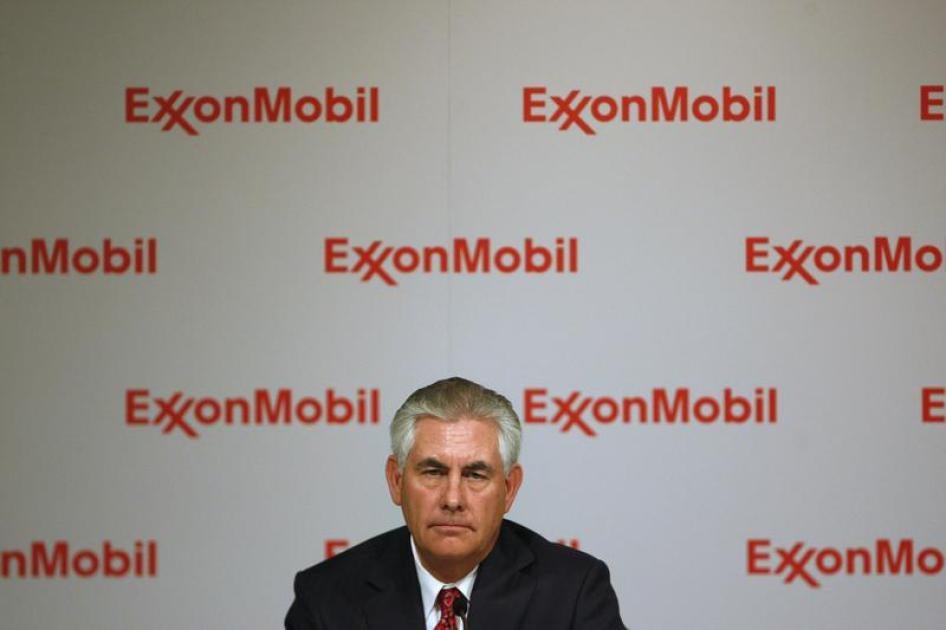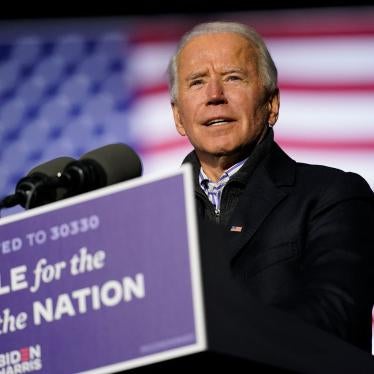The US Secretary of State released the first US National Action Plan on Responsible Business Conduct last Friday, outlining how the US government intends to take on human rights and business. While it represents an important step in recognizing the human rights impacts of businesses, the modest plan largely restates the status quo and does not offer any new measures to prevent and address violations.
The National Action Plan lists the government’s current commitments and the new actions it will take to promote responsible business abroad. During a launch event on Friday, government speakers said they would promote collaboration between their agencies and companies, for example by creating a central repository of government reports to inform businesses in their foreign operations. They will also coordinate agency approaches to multi-stakeholder initiatives, which bring together civil society, government, and companies, oftentimes to create voluntary standards in a particular business sector. To raise awareness of business and human rights, the plan proposes trainings for US officials, an increase in diplomatic outreach, and more dialogue with companies, civil society, and local and state governments on these issues.
While the plan has constructive elements, it provides few commitments that will lead to stronger or enforceable standards to hold corporations accountable for human rights abuses. Nor does it address a major question: How will the Trump administration approach these issues? The likely role and influence of business interests on the incoming administration, exemplified by the nomination of Exxon’s Chief Executive Officer Rex Tillerson as Secretary of State, has created fears that they could overturn years of progress on business and human rights issues.
For instance, would a Tillerson-headed State Department hold a consultation on improving remedy for those harmed by US businesses abroad, as the plan announced? Will it have clear timelines or objectives to improve existing procedures to address human rights problems? Exxon’s approach to human rights may be an indication: Although the company is a member of the Voluntary Principles on Security and Human Rights to ensure safety for people on or near their operations, they have resisted attempts to develop systems of accountability under these standards. Without concrete measures, clear objectives, or legal teeth, the plan gives little hope for justice to victims of human rights abuses by US corporations.








